
On April 7, 2013, the fourth episode of Bravo?s hit reality show Married to Medicine bowed in with 2.66 million viewers. Created by castmember Mariah Huq and the production company Purveyors of Pop, Married to Medicine allows its viewers into the lives of two prominent black female doctors and four wives of doctors, all women living in Atlanta.
[READ: Battling Buckhead Ballers! Married to Medicine Ep. 4 Recap (VIDEO)]
Before the show aired, an online petition from medical students at Howard University surfaced with a statement that Married to Medicine exploits educated, professional black women, associates them with ?materialism? and unprofessionalism,? and makes obtaining residencies harder for black women. Beyond this petition lies a more distinct truth: women, especially black women, are not afforded the opportunity to engage in aggressive behavior without real consequences, consequences that activate racial and gendered stereotypes.
[READ: Meet the Cast of Married to Medicine (PHOTOS)]
All of the women on Married to Medicine are college educated women, which distinguishes this cast from other reality show franchises with predominately black cast members, including Real Housewives of Atlanta, Basketball Wives Miami, and Love and Hip Hop. Some women on other reality shows are college educated, such as Jennifer Williams of Basketball Wives Miami, a magna cum laude graduate of the University of Maryland College Park. However, this cast, again, is composed entirely of educated women.
The fourth episode of the season distinguished itself from ones prior when Toya Bush-Harris threw a glass at Mariah Huq during a birthday party for the latter?s husband. Mariah returned Toya?s missed glass with a right hook to Toya?s jaw, and the fight continued until five men pulled the two women apart.
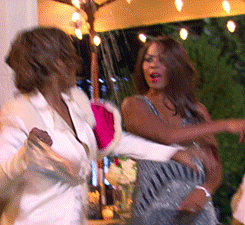
Sadly, this fight occurred at a birthday party for two prominent Atlanta-based doctors, hosted by their wives, one being Mariah Huq. The backstory to the fight is that Toya had allegedly been spending her time in beauty salons telling people that Mariah?s first child was not her husband?s, a family secret revealed on camera countless times by both parties. Essentially, Mariah arrived to the party already upset with Toya over he-say-she-say gossip. Many of those invited to the party were, again, medical doctors; many of those doctors were indeed black. Two college-educated black women (one of them obviously drunk?Mariah) fought in front of their husbands? colleagues.
By the end of their night, the party?s attendees, mostly gold-collar workers and their spouses, left shocked (and entertained) by the brawl. By the end of my night, I knew both Toya and Mariah would be censured for their behavior and the integrity of black women, as a collective, had been sold to a nation; the fight perpetuated ethnic stereotypes of black women?aggressive, loud, and crass.
[READ: Quick Quotes: Toya Compares Mariah to “Hitler” – What’s Your Opinion? (POLL)]
In a Facebook post to her online friends, Mariah wrote:
?I was so embarrassed because that?s not how I am or what I represent.?
She also issued a statement through her publicist, which read:
I remember feeling so hurt, ashamed, and disappointed in myself “initially” after the fight. I felt as if I truly let myself, my family, and friends down. How does a grown educated business woman/mother/wife get into a tussle at a black-tie event?
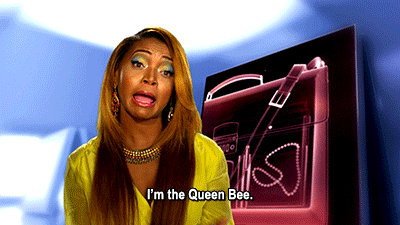 Mariah is producer of the show but has expressed that she does not have creative control over what content will be shown in each episode, a song that Shaunie O? Neal has sung since the conception of VH1?s Basketball Wives Miami. Mariah may not have represented herself to the near 3 million viewers in that short instance. She did represent a college educated black woman engaged in a weave-pulling tussle with another college educated black woman.
Mariah is producer of the show but has expressed that she does not have creative control over what content will be shown in each episode, a song that Shaunie O? Neal has sung since the conception of VH1?s Basketball Wives Miami. Mariah may not have represented herself to the near 3 million viewers in that short instance. She did represent a college educated black woman engaged in a weave-pulling tussle with another college educated black woman.
Mariah still praised this episode for its success in drawing in such a large number of viewers, despite the impact this would have on her individual self-image.
Sadly, both Mariah and Toya may disagree with the idea that their performances send messages to viewers about race and gender. And black women may disagree with this idea, too, but we can all admit that the media has historically contributed to the creation and reinforcement of widespread racial stereotypes, think Blaxploitation, the mammy caricature, and hyper sexualized racial archetypes of black men and women.

How can these women unsully both their and their husbands? reputations, and undo what had been done?
Too often these answers focus on structuring future seasons to pay less attention to drama but not on fixing widespread social impact of media stereotype. The racial messages this show?s audience will learn from having watched this episode may never be unlearned.
Many could argue, in similar vein as Dr. Jackie has so passionately spoken, that when women act out, particularly women of color, the social consequences are devastating. Black women are members of stigmatized groups, through the matrices of race and gender. Consequently, their behavior is magnified when they behave in unflattering ways. Further, the interactions between these groups of women are, as a result of the magnification process on a public platform, scrutinized more heavily than men or white women in reality television.
The Buckhead Brawl gave credence to an idea that educated and wealthy black women lack effective conflict resolution skills and decorum in public settings. The racial and gendered stereotypes function only to strengthen racist ideology at the expense of black women?s self-image. Even the two physicians, who have effectively disengaged from the gossip and cattiness in the show, are still very much affected by Mariah and Toya?s behavior due to the generalizing effect that reality television has on its entire cast.
Stereotypes in reality television shows continue to reinforce themselves under the guise of unclever messages from reality stars. ?We do not represent all black women.?
Most people will not watch the show and critically evaluate the message that the show is sending. People are impressionable, and the media is one of the most influential social forces shaping how we experience our social world and negotiate our interactions with other individuals.
People often (sometimes too often) rely on television to learn of and experience the world outside of their own. Reality television presents an opportunity for people to learn about race and gender in molested ways, and that?s shaky ground.
Share your thoughts about ‘Married to Medicine’ and the impression it gives about educated Black Women.
![Straight From The A [SFTA] – Atlanta Entertainment Industry Gossip & News - Atlanta's Most Reliable Source of Entertainment Gossip!](https://straightfromthea.com/wp-content/uploads/2015/04/sftalogo31.png)
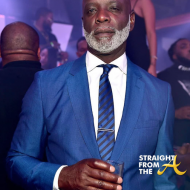
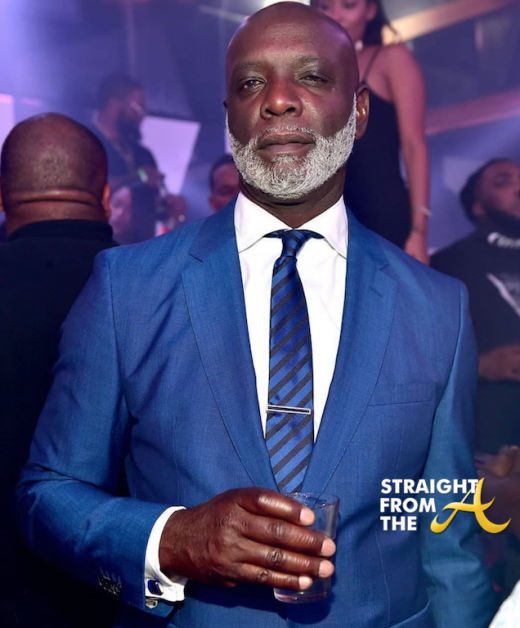

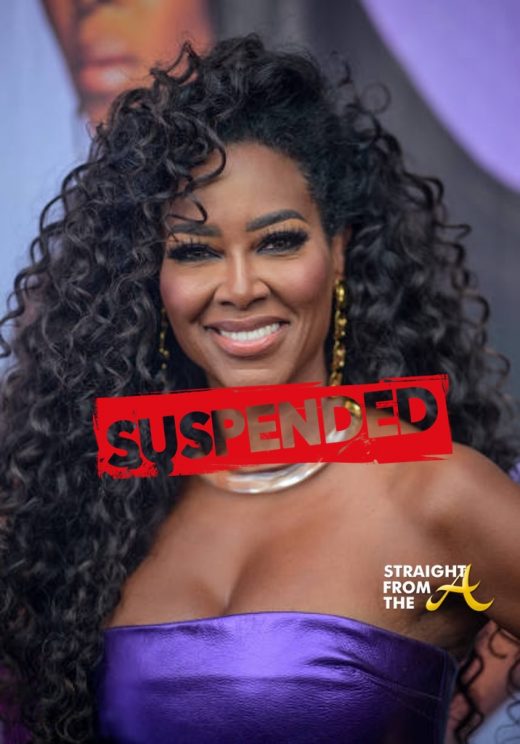
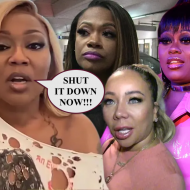
![Xscape Drama!!! Latocha Scott Accuses Group of Trademark Infringement [EXCLUSIVE]](https://straightfromthea.com/wp-content/uploads/2024/04/Xscape1-1-520x390.png)








